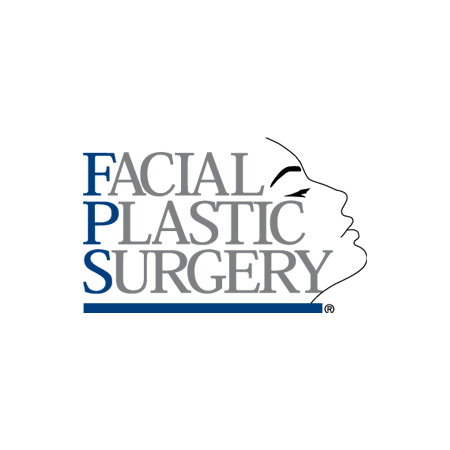Valentine Anguloplasty: A Novel Approach for Lip Excursion in Static Facial Reanimation
 Facial nerve paralysis affects patients’ facial expression, speech, chewing, and swallowing, with significant consequences for social interaction. Researchers in the Department of Otorhinolaryngology at McGovern Medical School at UTHealth Houston recently used a novel technique called valentine anguloplasty to improve lip excursion in nine patients following prolonged facial nerve denervation.
Facial nerve paralysis affects patients’ facial expression, speech, chewing, and swallowing, with significant consequences for social interaction. Researchers in the Department of Otorhinolaryngology at McGovern Medical School at UTHealth Houston recently used a novel technique called valentine anguloplasty to improve lip excursion in nine patients following prolonged facial nerve denervation.
“We found that valentine anguloplasty has many advantages, including its ability to lift the corner lip to enhance symmetry as well as improve the ability to speak, chew, and swallow,” says Ali Jafar, MD, who conducted the study and recently completed a fellowship in facial plastic and reconstructive surgery at the Texas Center for Facial Plastic Surgery in the Department of Otorhinolaryngology. “It also provides access to anchor a fascia lata sling from the mid-face to the upper lip, lower lip, and corners of the mouth to provide further lift to the droopy lip corner on the paralyzed side.”
Valentine anguloplasty takes its name from the heart shape of the skin excision performed on the upper lip. “Unlike commissuroplasty techniques described in the past to restore anatomy and function aesthetically, valentine anguloplasty is a simple, easily learned, and reproducible surgery that heals well with a scar that is almost invisible six months after surgery,” Dr. Jafar says.
A review of the operative log and patient charts kept by senior author Tang Ho, MD, showed positive results in all nine patients. Dr. Ho is director of the Texas Center for Facial Plastic Surgery and an associate professor in the department.
“We need further research to quantitively evaluate the degree of lip excursion in a larger cohort of patients,” says Katherine Kao, MD, an assistant professor who also helped guide the study.
Dr. Jafar won first place for his poster presentation of the study at the 2024 national meeting of the American Academy of Facial Plastic and Reconstructive Surgery.